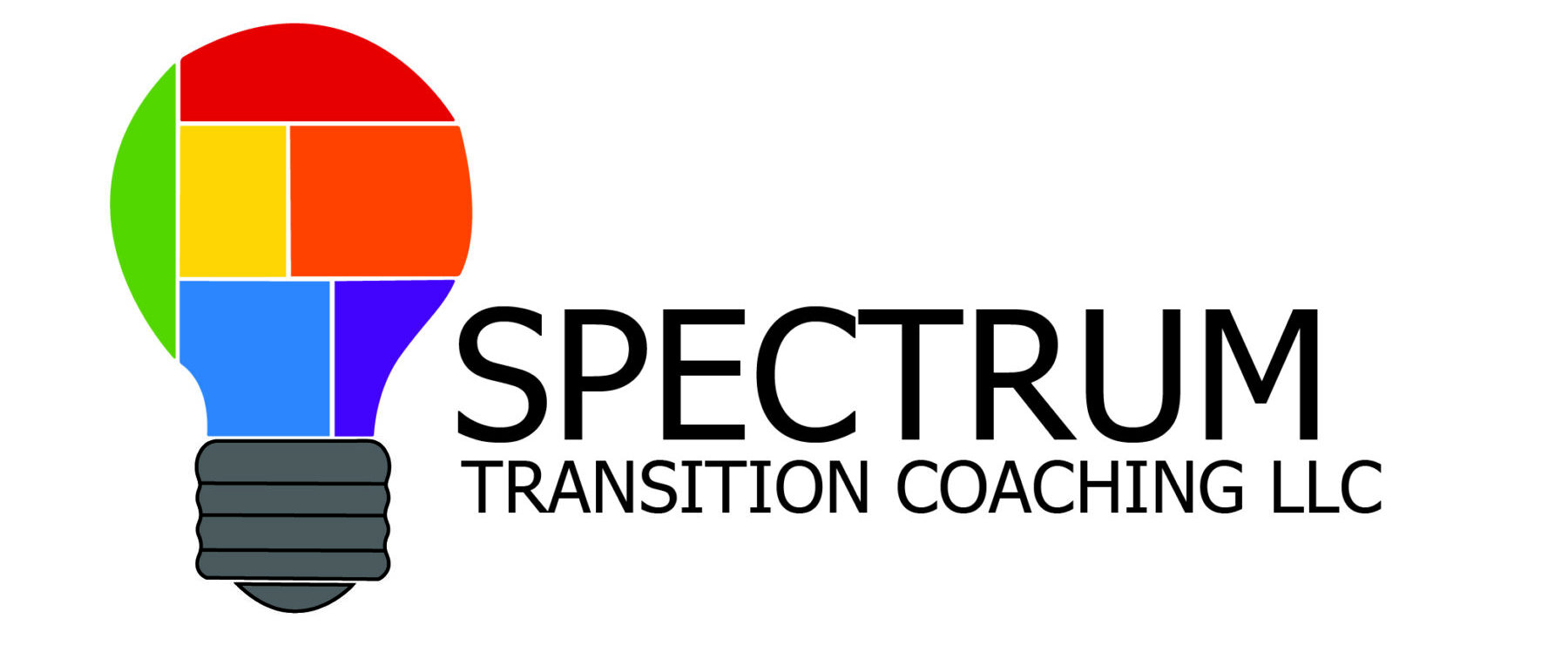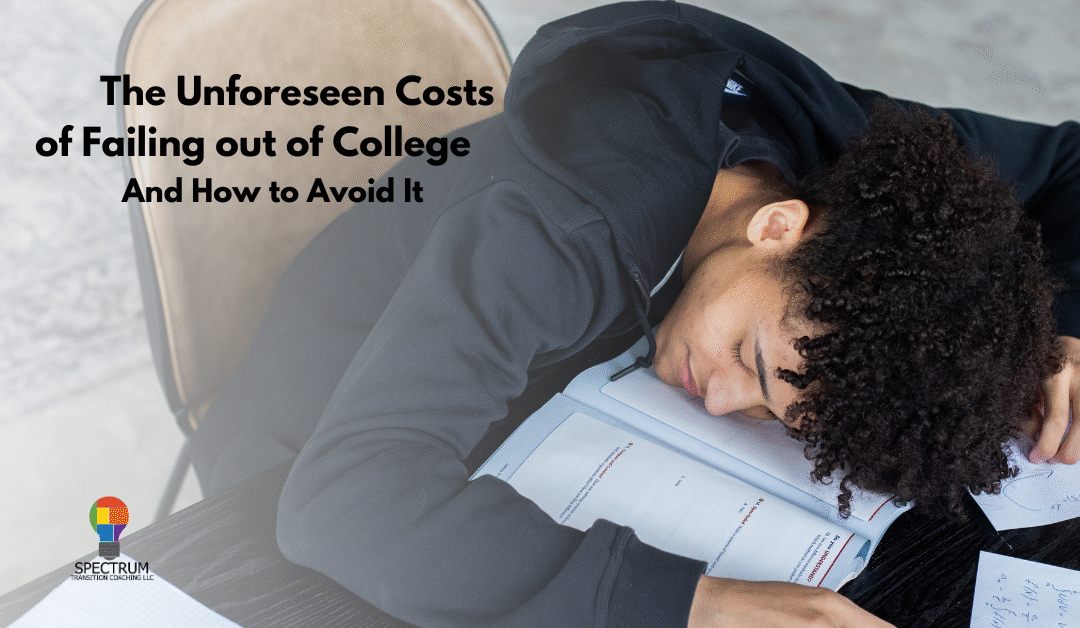When you dream about college, you picture smiling move-in day photos, inspiring professors, newfound independence for your student and a path towards a fulfilling future. What you don’t picture (but what too many families face) is the pain of a student coming home early, credits unearned, confidence shaken and dreams paused. For autistic students especially, this scenario is far more common than most families realize.
And the true cost? It’s far more than just financial.

The Financial Fallout That No One Talks About
The most obvious toll of an unsuccessful college transition is financial. Here’s a snapshot of what families often lose:
-
Tuition and fees: Even partial semesters are rarely refunded. The average cost/credit at in-state public universities is $406. A typical 15-credit semester costs $6,090 in tuition alone (Education Data Initiative).
-
Room and board: Housing deposits, meal plans, and dorm fees are typically non-refundable. Campus meal plans average $570/month usually paid for the full year (Education Data Initiative).
-
Application and testing costs: ACT/SAT prep, application fees, and transcript requests add up quickly.
-
College visits: Those campus tours and overnight stays? Flights, hotels, and meals are often out-of-pocket.
-
Lost scholarships: Many merit-based awards are contingent on GPA or full-time status.
-
Repeat semesters: Starting over may mean additional years of tuition, books, and living expenses.
It’s not just the sunk costs. The longer-term implications include needing to take on more student debt or parents delaying retirement. These are rarely factored in when planning for college. But they should be.

The Emotional Costs Are Even Greater
While money can eventually be recovered, the emotional impact of leaving college prematurely often lingers. Here’s the key areas I see impacted when I work with autistic clients who had a failed college semester:
- Shame and self-doubt: Autistic students may internalize the experience as a personal failure, even if the issue was a lack of support, not a lack of ability.
- Disrupted momentum: Rebuilding confidence, motivation and a sense of direction takes time. Some students don’t return to college at all.
- Family stress: Parents often feel guilt or confusion. Siblings may not understand. Tension builds when there’s no clear plan for “what’s next.”
- Isolation: Watching peers move forward while feeling stuck can leave students feeling left behind and disconnected.
No one wants this outcome.
But here’s the good news: it’s often preventable.
Preparation Isn’t about Grades. It’s about College Readiness.
Many autistic students have the intelligence to succeed in college. That’s not the issue. The issue is college readiness.
We talk a lot about college readiness here. The 6 Areas of College Readiness helps families think through each of these skill sets with questions like:
- Can your student manage a schedule without constant reminders?
- Do your student know how to self-advocate when something goes wrong?
- Has your student practiced managing their own medical needs, prescriptions or doctor appointments?
- Can they balance screen time, sleep, meals, and social interaction?
- Are they able to regulate their emotions and recognize the signs when they are out of balance?
These are not “extra credit” skills. They’re survival skills in a college setting. The earlier they’re built, the better.
Introducing the College Readiness Checkup
That’s why I created the College Readiness Checkup: a comprehensive review with autistic high school students and their parents to assess the real-world skills needed for a successful transition. We’ll celebrate what’s already in place, identify gaps and create a targeted plan to build confidence and capability before move-in day.
If you’re wondering whether your student is truly ready for college life, not just academically, but practically and emotionally, I’d love to help. Because the cost of guessing is simply too high.
Let’s set them up for success, together.
College Readiness Checkups will be available in July 2025.

